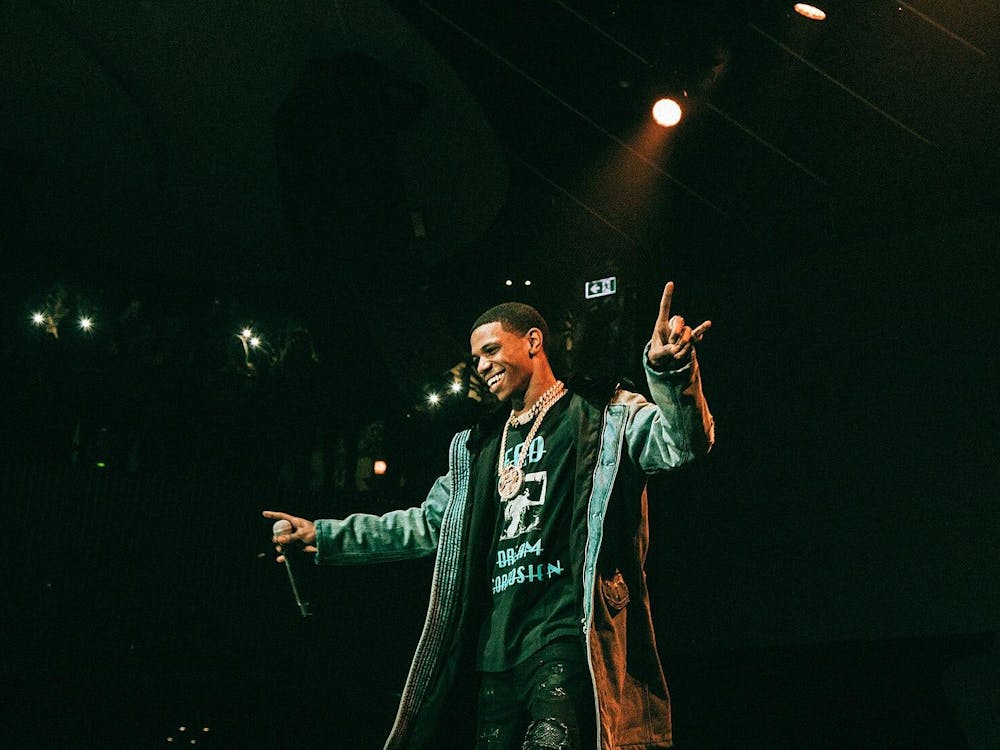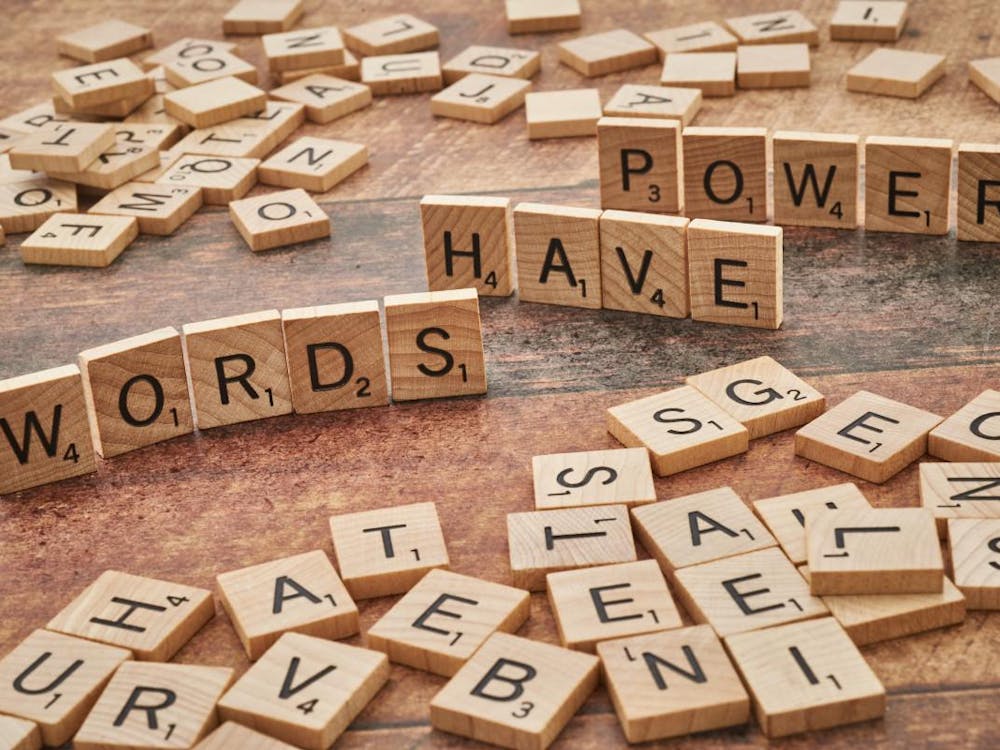It’s obvious that women athletes receive biased and inferior media coverage compared to their male counterparts: everything from the #LikeAGirl advertisements to the Cover the Athlete movement to article after article in the news highlights this discrepancy. While some differences between male and female athletes’ salaries, endorsements, and media coverage may be attributable to economics, gender prejudices and discriminatory attitudes are pervasive in sports, affecting and perpetuating sexist treatment of athletes in insidious ways.
As just one example, the salary cap for the NBA is $102.6 million, whereas the salary cap for the WNBA is a mere $913,000. Is this wage difference attributable to the economics of the demand for men’s professional basketball versus women's? It’s arguably the driving force behind the gap, but what other factors come into play? These questions are just the tip of the iceberg.
Celebrating its 45th anniversary this year, Title IX has worked to erase much of the difference in the collegiate world by prohibiting discrimination on the basis of sex. Princeton is one of the most egalitarian schools in terms of gender and athletics. Facilities, funding, and academic support are comparable for male teams and their female counterparts. The University men’s and women’s coaches have the smallest pay gap within the Ivy league.
Despite the progressiveness of the University compared to other schools, one aspect of Princeton athletics still falls short: the Princeton Athletics Twitter page.
Because it’s April and brackets are ever so relevant, I’m going to specifically focus on the Princeton basketball teams. The claims I make cannot be extrapolated to other teams, but I think these findings in and of themselves are startling and revelatory.
The first discrepancy is the individual Twitter handles. The men’s team handle is @Princeton_Hoops and the women’s is @PrincetonWBB. This variation calls attention. Why isn’t the men’s handle @PrincetonMBB? I checked, and this handle is not taken. Furthermore, why are the men entitled to the more descriptive handle containingthe word “hoops”? The women use the same hoops, shoot the same hoops, and score on the same hoops that men do.
Beyond just the Twitter handles, there is inordinately more content (tweets and retweets) about the men’s team than the women’s team on the Princeton Athletics Twitter.
But before that, here’s a quick summary and explanation of the past two years for both the men’s and women’s basketball teams.
Princeton teams compete in the Ivy League. Whichever team wins the Ivy League Tournament progresses to the National Championship, or NCAA’s, and has the chance to compete during March Madness. Even if they don’t qualify for the NCAA’s, the season isn’t over. They still have the opportunity to earn a berth at the National Invitation Tournament (NIT), or the “consolation” tournament. At the end of the 2015-2016 season, the women’s basketball team was the best in the Ivy League and made it to the NCAA Championship. That same year, the men lost the Ivy League title to Yale, but received a bid for the NIT.
The end of the 2016-2017 season brought the opposite for both teams: the men triumphed in the Ivy League over Harvard, leading them to the first round of the NCAA Championship. The women narrowly lost to Penn in the Ivy League Tournament, but were invited to the NIT.
In short, during the Championship season, the men did what the women did last year (and vice versa).
But on the Princeton Athletics Twitter, this is far from apparent. Starting with a tweet from Mar. 10, 2016 that referenced both teams’ preparation for the Ivy League tournament, I totaled the number of tweets about the men’s and the women’s teams. I stopped counting up to Mar. 22, 2016, when a concluding tweet was released about a “final look” at the women’s season. For clarification, I did not count retweets of the individual teams’ pages as tweets, only original tweets.

I did the same for the 2016-2017 Championship season, starting with the first tweet about Ivies and ending with a wrap-up tweet for the men.
When the women’s season ended it was a “final look” at their season. But when the men were eliminated from the NCAA championship, it was nostalgically posted, “What a ride it was.”
This is not the only instance of discriminatory jargon in articles on the teams. When the women lost at the Ivy League tournament, they “Were Tripped Up by Penn”, but when the men were eliminated in the first round of March Madness, they “[fell] to Notre Dame in Nailbiter in NCAA Opener.”
Although “nailbiter” is an accurate word to describe the final men’s game, the women’s game was also hard fought, but descriptive adjectives are left out of their headline, making it all the less scintillating.
Okay, back to the numbers.

Just for ease of reference, let’s say the women were more “successful” in 2016, and the men were more “successful” in 2017.
So when the men were successful, they received twice as many tweets as when the women were successful. When the men were unsuccessful, they still got over twice as many tweets as when the women were unsuccessful.
This is sexism. De minimis, you might say? Not really. We rarely give a second thought to small sexist comments, verbal or written, that surround us daily and undermine gender equality. This “routine” sexism keeps us stuck in the mud by indicating that it’s OK to engage in this behavior. It’s maddening.
Am I saying that “all tweets must be equal” or that we all should be blind to gender when we go to a game, watch sports, or tweet? Not necessarily. Gender and athletic performance are irrevocably intertwined, most obviously in what each individual athlete, male or female, can accomplish. And there are distinctions.
But what we shouldn’t do is categorize, make assumptions, base judgments, or use biased language on the basis of gender alone. Male athletes and teams (or, for that matter female) are not entirely stronger, superior or more capable of outperforming. Women fall, and men trip, too.
We should strive to respect and represent all athletes as universally accomplished and human. It's our job to honor, tell, and tweet their stories not as gender-based, but as human ones, equal and unbiased.
I applaud Princeton for the progress it has made since the days when it was an all-men’s school.
But Princeton Athletics should reconsider its social media presence and reform it to achieve the standard of equality that the University has exemplified in other areas.
Emily Erdos is a Sophomore from Harvard, MA. She can be reached at eerdos@princeton.edu.







